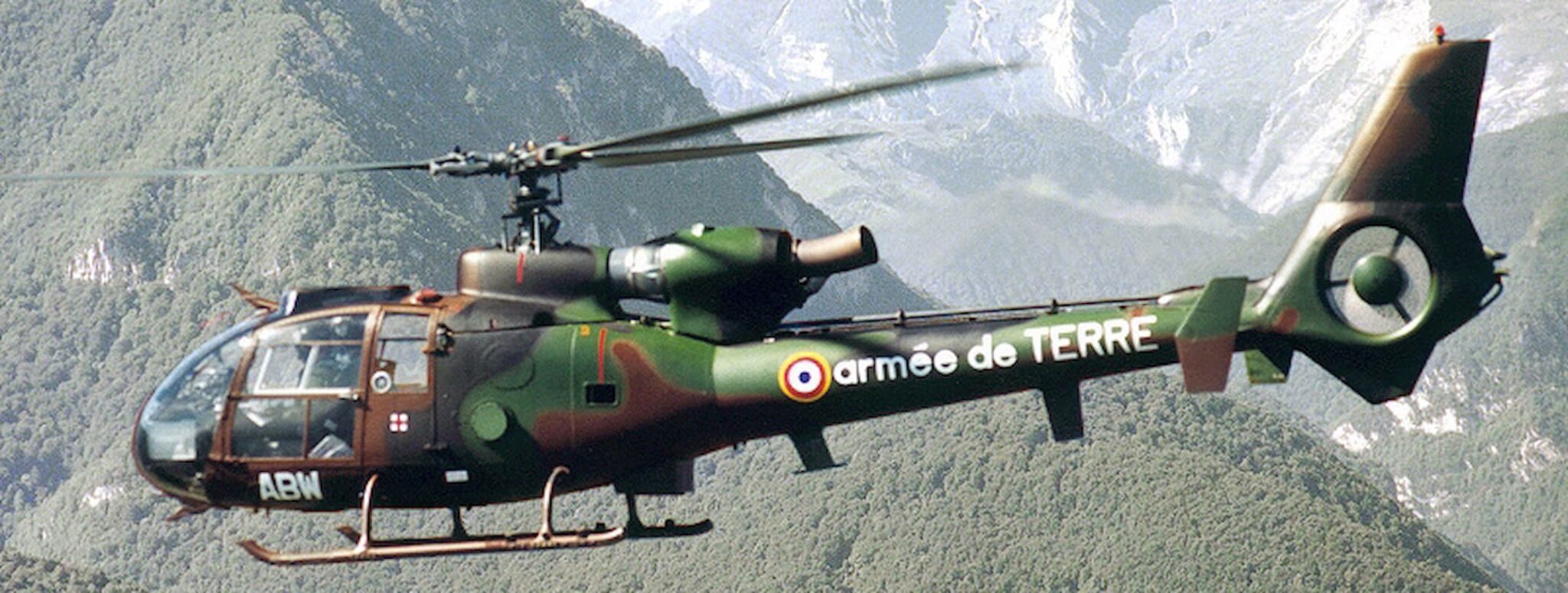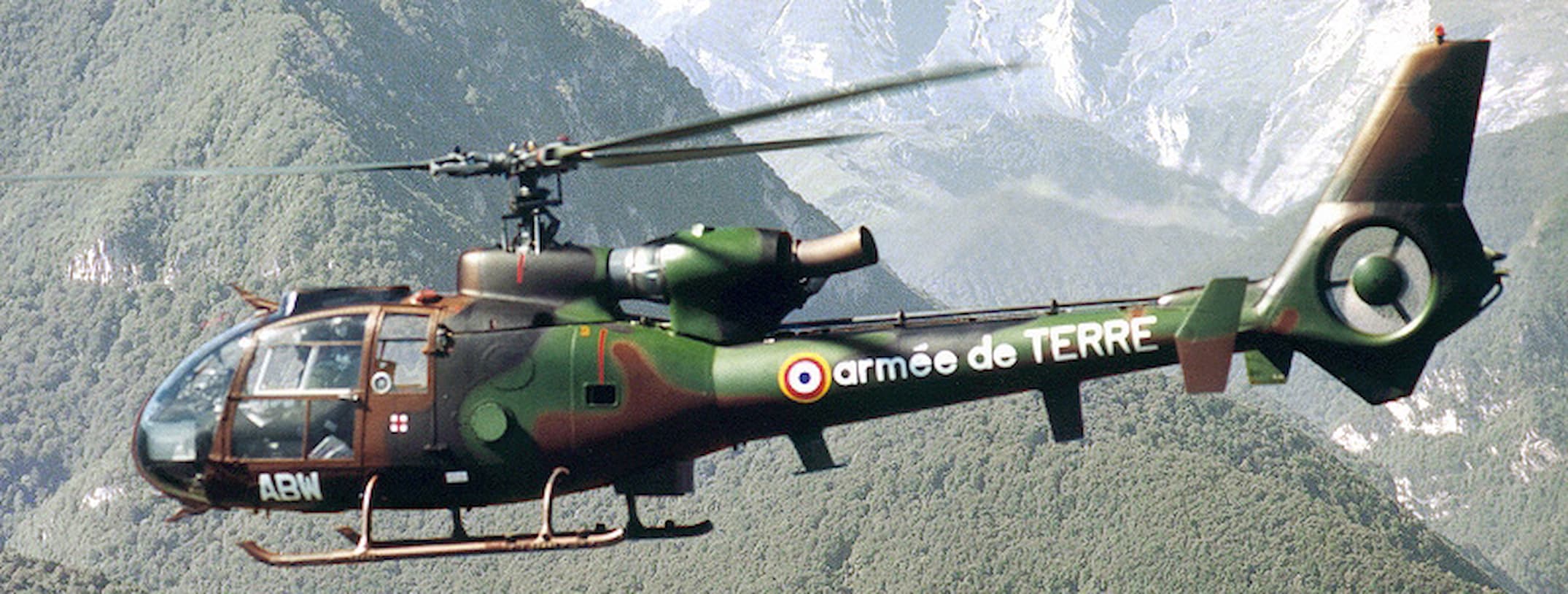
Will SA face consequences over choppers sneakily exported to embargoed Libya?
The choppers are a sticky situation for SA, since Libya remains under a strict UN arms embargo, recently renewed by the Security Council.

At least four Gazelle helicopters – demilitarised former British and French army aircraft – have been quietly exported from South Africa’s Lanseria International Airport to Benghazi, Libya, reportedly joining the forces of General Khalifa Haftar’s Libyan National Army (LNA).
These clandestine exports, which occurred over the past few months, seemingly ignore the long-standing United Nations (UN) arms embargo imposed on Libya.
Flight plans obtained by South African media show the rotorcraft were initially listed as destined for Amman, Jordan, after a refuelling stop in Nairobi. Yet, the Russian air transports, including a Belarusian-registered TransAvia Export Airlines Ilyushin Il-76, reportedly deviated from official documents to deliver their cargoes directly to Benghazi.
Adding to the highly suspicious circumstances, Darren Olivier, director of African Defence Review, confirmed the exports, adding that it was “unclear” if the aircraft carrying them had their transponders switched off. This glaring breach of international standards has prompted the South African Department of Transport (DoT) to review all related Il-76 flights this year.
Choppers straddle fine line on way to Libya
The situation is particularly murky due to international sanctions and loopholes. Libya remains under a strict UN arms embargo, recently renewed by the Security Council, although some members noted the embargo often remains “ineffective”.
Olivier pointed out that the helicopters fell into a sanctions grey area: they were civilian-registered and demilitarised in South Africa and thus likely skirted local arms export regulations through the National Conventional Arms Control Committee (NCACC). This highlights a “weak point” where civilian equipment is exported via third countries and only armed upon arrival.
However, the intention appears clear. The Gazelles, originally decommissioned, were registered with a private company which allegedly sold them to Haftar. They were reportedly refitted with armour protection and a door-mounted machine gun, restoring them to a semi-gunship standard for the LNA.
Just two weeks ago, four Gazelles were seen taking part in a flypast in Benghazi, their South African registrations crudely covered by Libyan flag stickers. The suspicion lingers that Jordan is being used as a front to obtain official flight documents.
Regardless of the paperwork, the South African government would likely be investigating the people involved for breaching South African Private Military Company laws.
